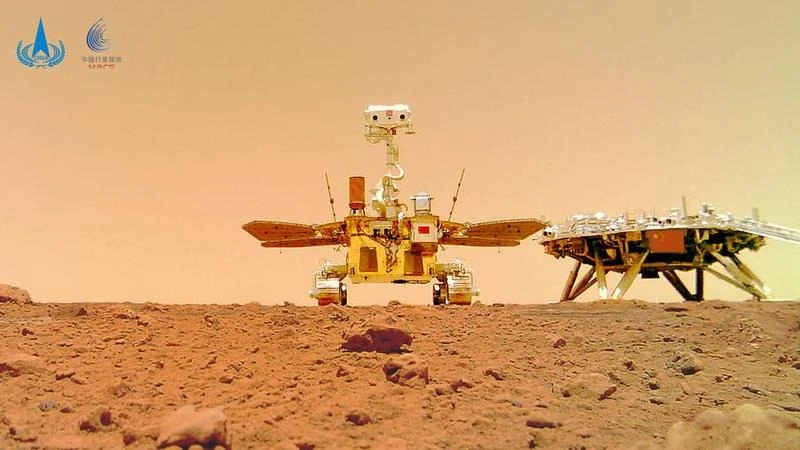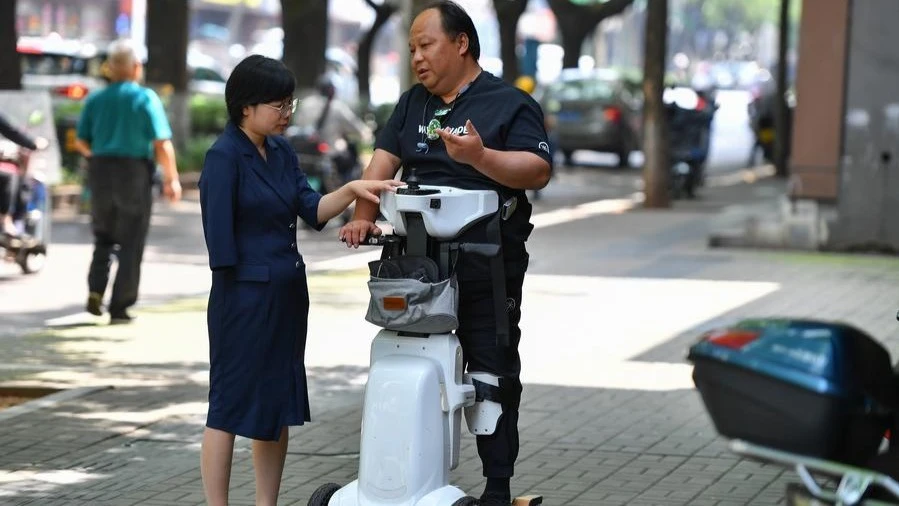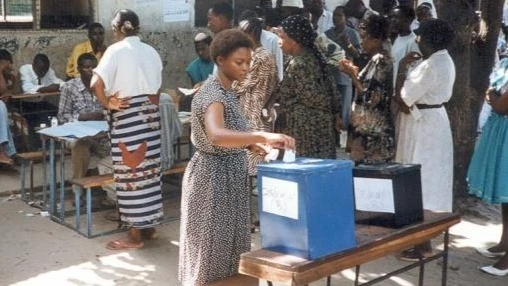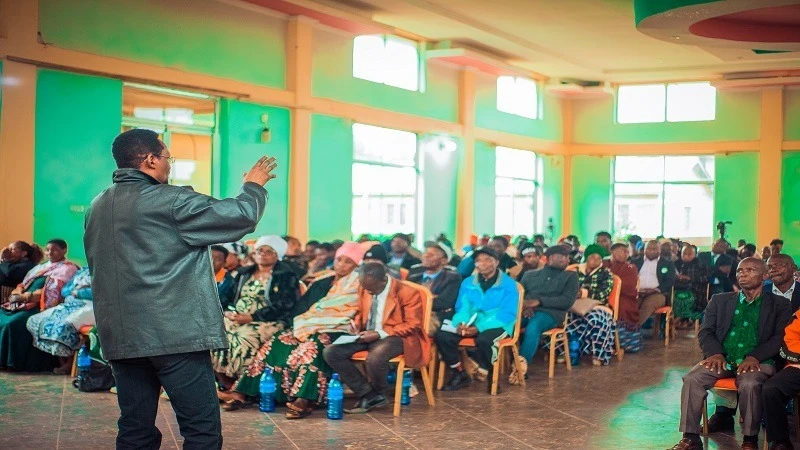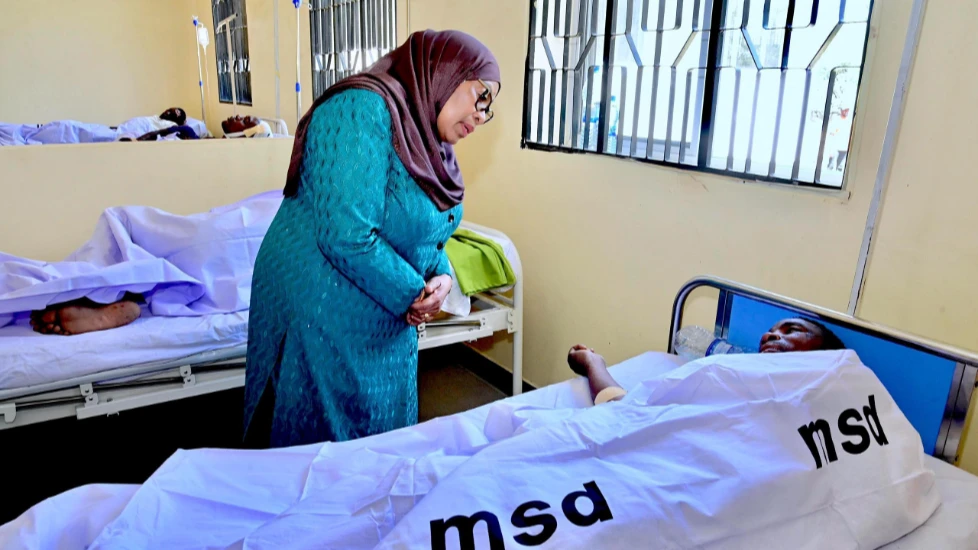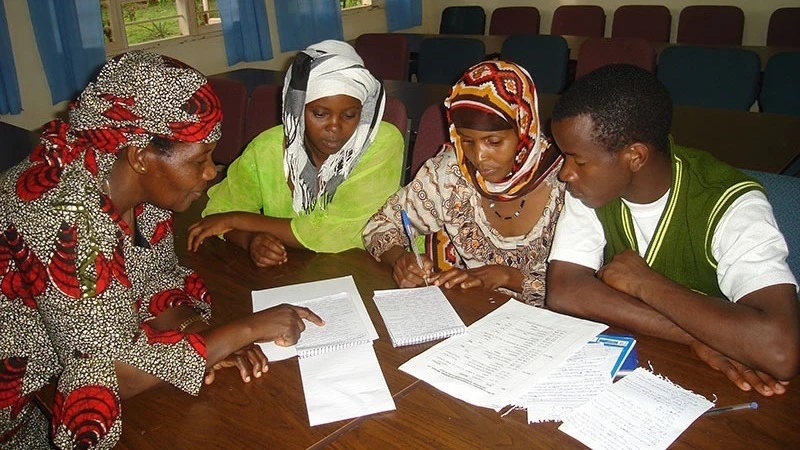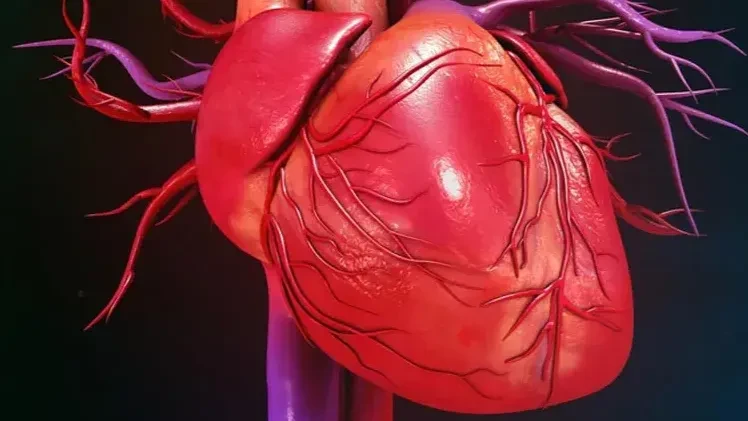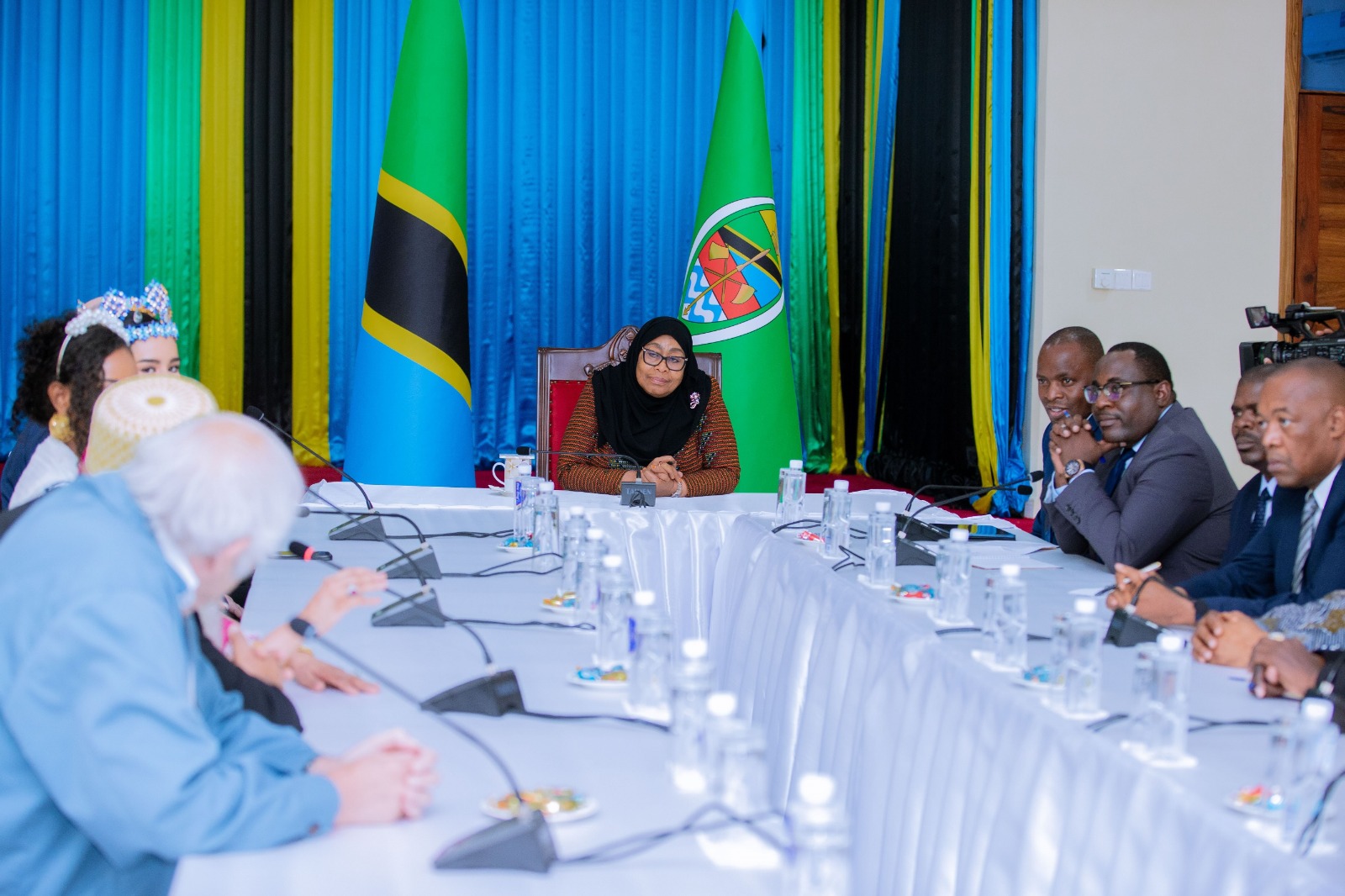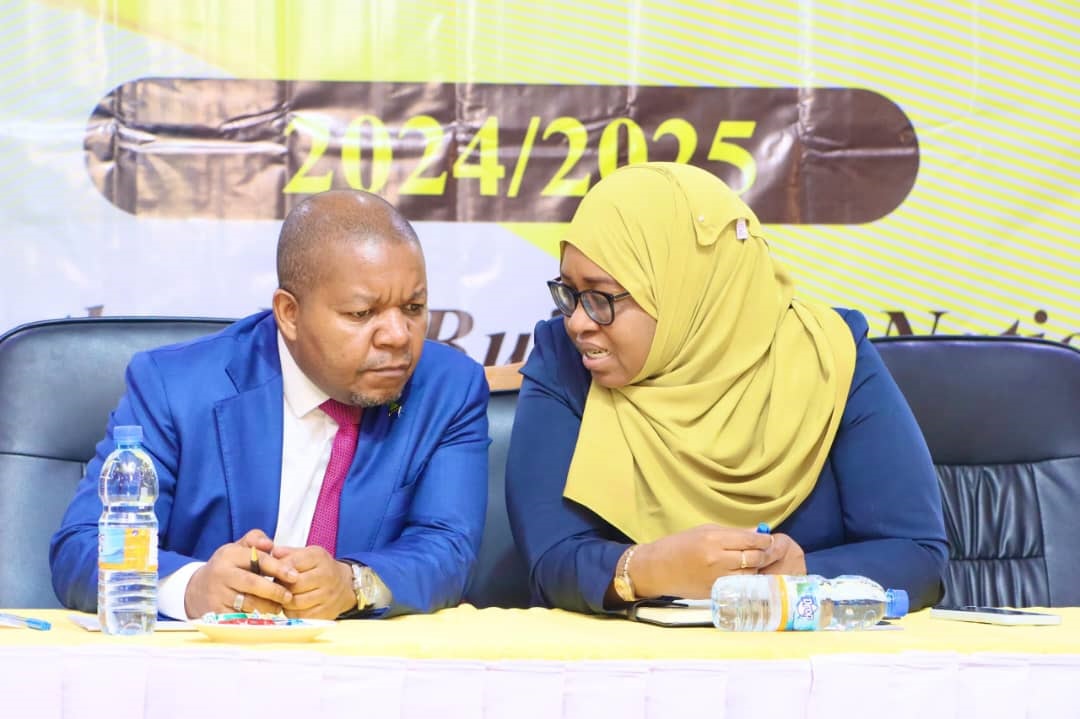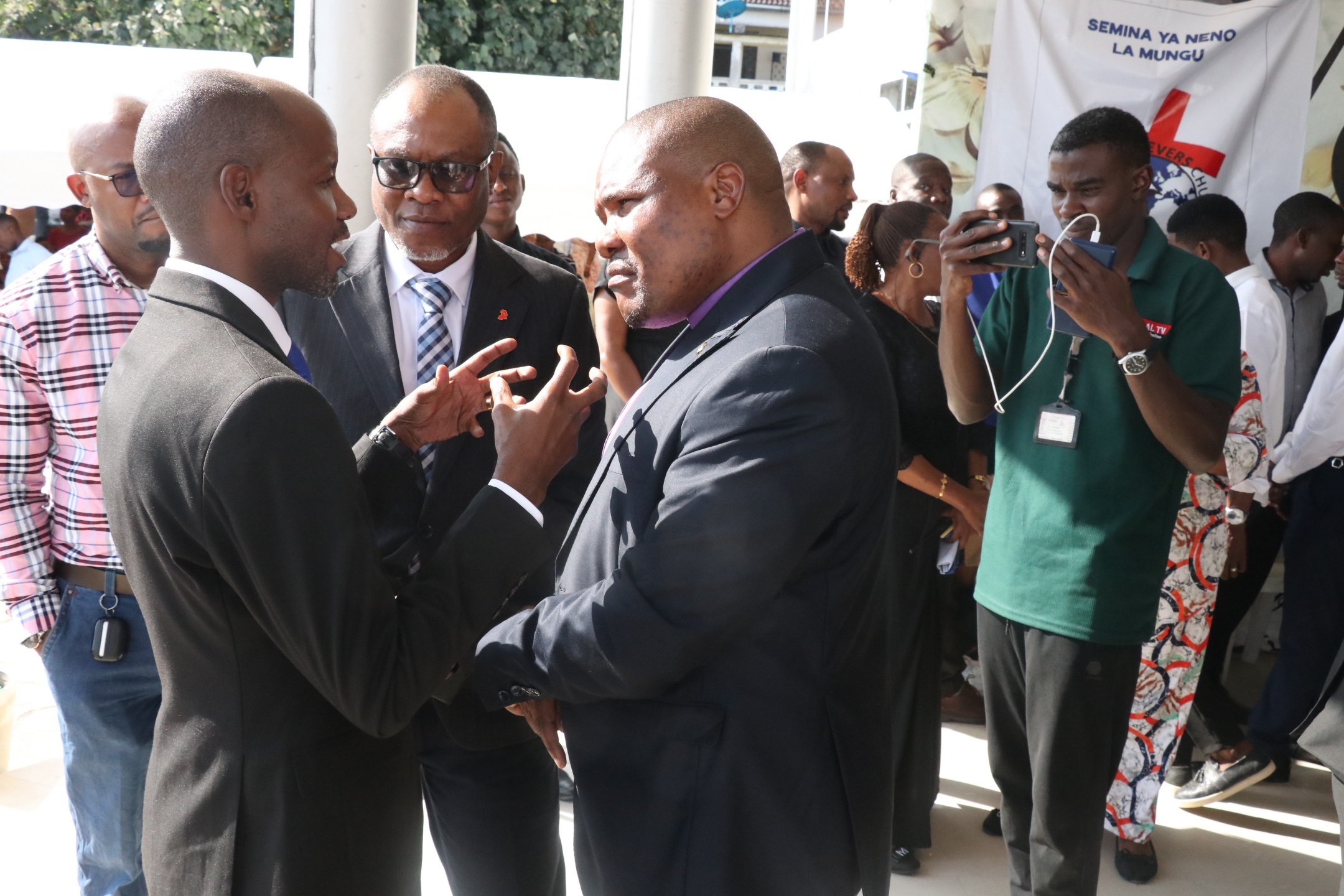Tanzania hailed as 'shining star' in development, and social services
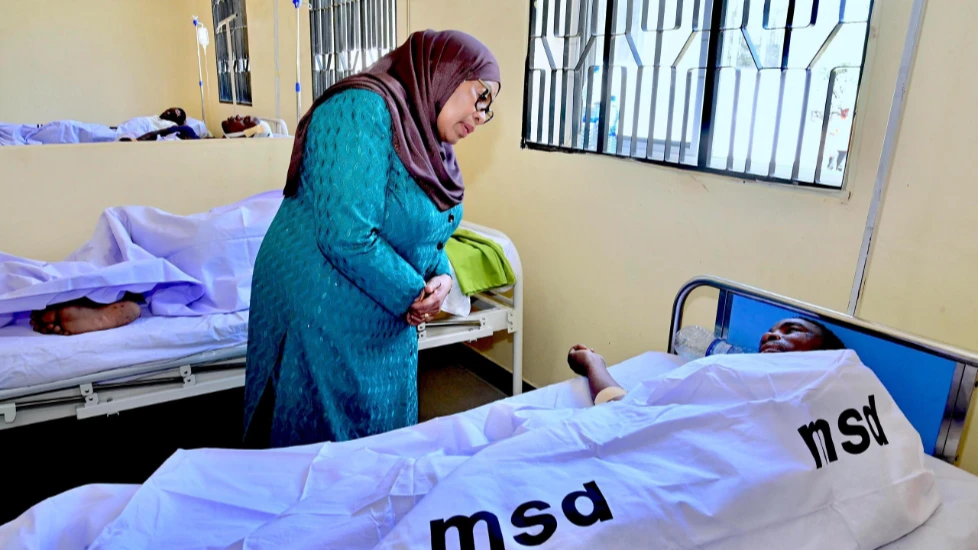
WITH only a few months left for the general election, President Samia Suluhu Hassan has successfully implemented development projects in various sectors of the economy and improved social services. In all this, Tanzania has become a shining star not only in East Africa, but also in Africa in general.
The implementation of development projects and the improvement of social services have been guided by policies, laws, regulations, procedures, and various strategies have been implemented through the Manifesto of the Chama Cha Mapinduzi (CCM) to ensure citizens get sustainable development.
Samia Suluhu Hassan established the ‘4R’ agenda as an important pillar of development, focusing on reconciliation, resilience, change and rebuilding the national political future. The goal was to improve national, regional and international relations, and ensure we build a new image of Tanzania, while continuing attracting local and foreign investors to invest in various sectors of the economy.
When addressing the Parliament of the United Republic of Tanzania on April 22, 2021, Samia pledged to strengthen democracy, human rights, and improve services and infrastructure for water, public transport and the transportation of cargo, investment, and international cooperation, while continuing good initiatives from past administrations and introducing new ones that take into account the current situation.
Every government relies on sound revenue collection policies, programmes, and strategies to grow the economy. In the 2020/21 fiscal year, the government collected 20.59 trillion/-, and in 2023/24 it collected 28.83 trillion/- from domestic sources. In total, domestic revenue reached 120.16 trillion/-, collected from the Tanzania Revenue Authority (TRA), ministries, government agencies, and local governments.
To implement the CCM manifesto effectively, the sixth-phase government removed school fees, distributed books, built classrooms, and reviewed education and vocational training policies and curricula to align graduates with job market needs.
The 2023 review of the 2014 Education Policy aimed at ensuring graduates gain knowledge, skills, and display ethical behaviour to penetrate the job market.
The government built 26 science girls’ secondary schools (one per region), and seven boys' secondary schools per ward, along with 191,708 primary and secondary schools by 2020 — projected to rise to 254,393 by 2025. New primary schools rose to 17,986 in 2025 from 16,406 in 2020, reflecting CCM manifesto implementation results.
Vocational training colleges increased from 662 in 2020 to 860 in 2024 to enhance technical skills development.
The government of Tanzania under President Dr Samia Suluhu Hassan recognises that national development relies on a healthy population. Thus, it has invested heavily in public health by increasing health centres from 8,783 in 2020 to 12,846, it has improved infrastructure, purchased medical equipment, enhanced specialised services, and training of medical professionals.
“Four years ago, maternal mortality was 556 per 100,000 births. We've halved that to 104 deaths due to our investment. The global target is 70 deaths, and I am confident we will get there,” said Dr Samia during the launch of a new hospital.
On water, not long ago, Tanzanians especially women would wake up early and walk long distances in search for water, which they were unsure of getting. Today, such stories are history. The sixth-phase government has implemented 2,331 water projects in urban and rural areas. An example of this are water projects implemented in Same, Mwanga, and Korogwe, which benefit about 456,930 residents.
Over the years, there have been various slogans to promote agriculture since the first phase of government, such as politics is agriculture, agriculture is the lifeblood, and agriculture first (which was the slogan of the fourth phase government). Agriculture is the backbone, and this slogan confirms the implementation of the agricultural policy of the sixth phase government by increasing its budget from Sh294 billion in 2021/22 to Sh1.24 trillion in 2024/25, making the agricultural sector contribute 26.2 per cent to the national income.
Previously, food and cash crops were separated. Now, almost all crops have commercial value, even Tanzanian meat, which is in demand internationally. Food production rose from 17.1 million tonnes in 2021 to 22.8 million tonnes in 2024. The government has provided a Sh300-billion subsidy to strengthen this vital sector, which employs about 65 per cent of the workforce.
On livestock and fisheries, the government has modernised this sector to create jobs and ensure food security. Animal feed production increased from 1.38 million tonnes in 2020 to 2.6 million tonnes in 2025. Grazing land expanded from 2.78 to 3.48 million hectares, reducing farmer-pastoralist conflicts. Meat exports rose from 1,774 tonnes worth $4.2 million in 2020 to 9,863.41 tonnes worth $44 million in 2025.
0n mining, for a long time, the mining sector was seen as "cursed inheritance." Today, it shines like gold, thanks to 2019 and 2022 mining law reforms. The sector’s GDP contribution rose from 6.8 per cent in 2020 to 10.1 per cent in 2025. Mining markets increased from 41 in 2021 to 43 in 2025, and buying centres rose from 61 to 109, enhancing transparency and access.
The government also acquired 15 mineral processing plants for small-scale miners and distributed them nationwide, improving access to geological data and boosting local participation through the Local Content Policy introduced in the 2009 Mining Policy.
Plans are underway to build a state-of-the-art mineral testing laboratory for East Africa, via the Geological Survey of Tanzania (GST), which is located in Dodoma.
In four years, the government has amended and enacted local content laws enabling Tanzanians to access mining jobs and secure contracts and services, including securing employment in management posts in mines. The Corporate Social Responsibility (CSR) framework has also been revised to reflect these gains.
On industries, to promote the green economy through industrialisation and reduce unemployment, 47,063 industries were established between 2020 and 2025. Of these, 428 are large-scale, 1,393 medium-sized, 11,847 small-scale, and 33,395 micro-enterprises.
Additionally, the Kilimanjaro Leather International Company Limited — 86 per cent owned by the Public Service Social Security Fund (PSSSF) and 14 per cent by the Tanzania Prisons Service — was further developed with 152.96 billion/- investment. The industrial sector remains a key engine of national development.
This article certainly cannot exhaust all CCM manifesto achievements implemented by the government under Samia Suluhu Hassan, which include natural resources and tourism, transport, infrastructure, land, energy, communication, and other cross-cutting sectors for the interests of our nation.
Top Headlines
© 2025 IPPMEDIA.COM. ALL RIGHTS RESERVED











